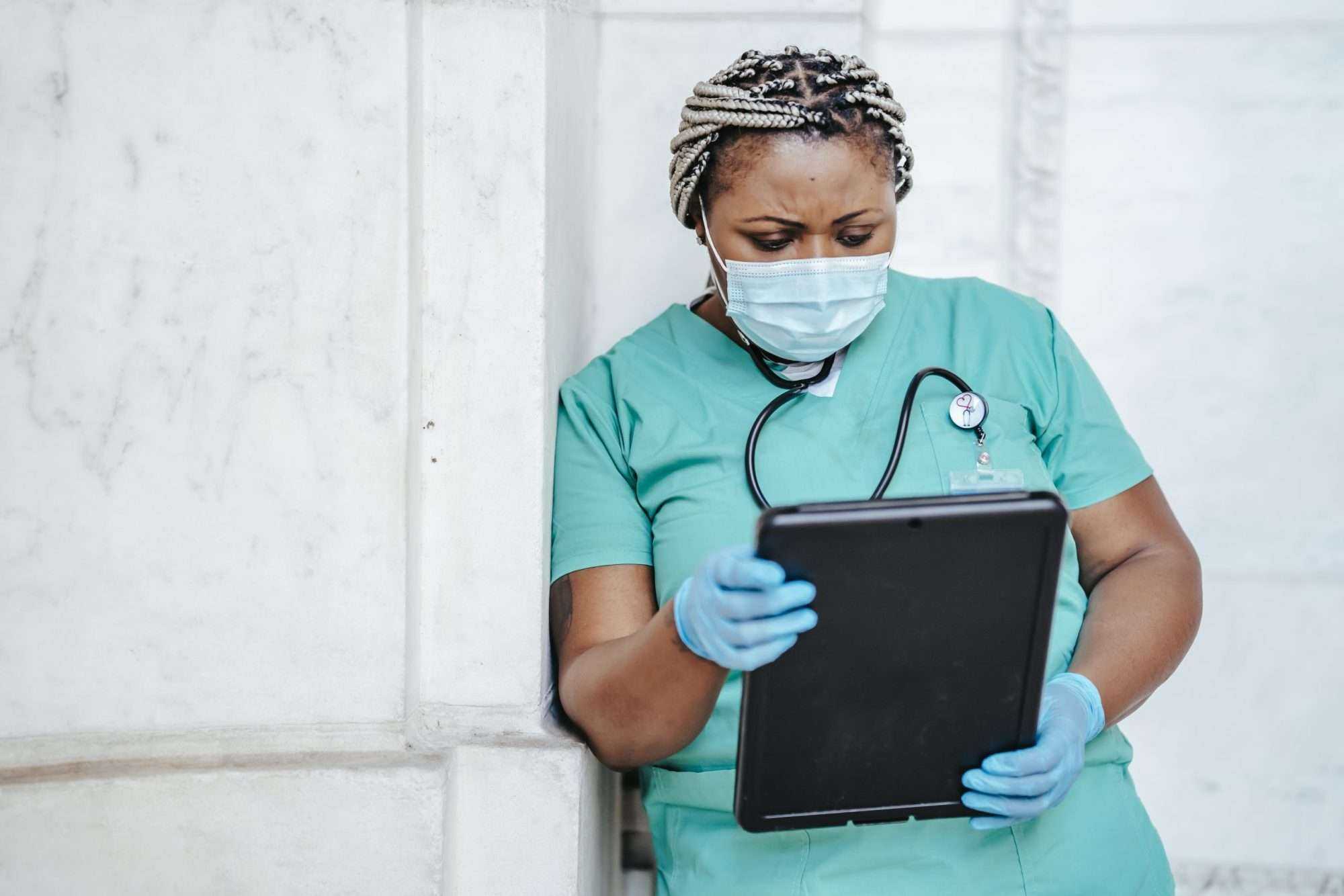on
BY SYDNEE WALCOTT
Although Breast Cancer Awareness Month has ended, healthcare inequities faced by Black women are still an issue.
The history of anti-Black racism in Canada is rooted in Africa being colonized by the Europeans and the aftermath of the transatlantic slave trade. Although it has been almost two centuries since the end of slavery in Canada, Black Canadians continue to face health and social inequities in the country.
A snapshot organized and published by the Public Health Agency of Canada shows that while 64% of Black women between 12 and 17 were reported to be in good, or excellent condition with their mental health, the number is 13.2% lower than young White women who reported their mental health to be in good or excellent shape between 2010 and 2013.
During that same period, 15% of Black women reported their health to either be in fair or poor condition compared to 14.2% of Black youth and 11.3% of White Canadians.
The Women’s College Hospital has been devoted to closing these health gaps and advocating health equity because everyone deserves to have access to high-quality care promptly no matter their race.
The hospital held a Black Women’s Healthcare Summit on October 25th, 2022, to raise awareness of the inequities faced by Black women and to discuss the vital importance of having programs and research to address the unique needs of Black women and their health.
Two days before the summit, Dr. Aisha Lofters, Chair in Implementation Science, shared what had inspired her to take part in this initiative and what needs to be done in addressing these inequities.
Dr.Lofters, who said this was a personal topic for her as a Black woman, grew up in a household with parents who spoke very openly and passionately on social justice and on basic human rights that everyone deserves. She used this as an opportunity to ensure that everyone has access to the best quality of healthcare.
“I think we’re just getting started right now,” said Dr. Lofters when stating there is still a long way to go in reducing the healthcare inequities that exist in the system.
A big change Dr. Lofters saw in Canada was people being open to having conversations on: racial disparities within the healthcare system, collecting race-based data, and creating initiatives that take a look at the impact these inequities have not just only on Black people, but on Indigenous people as well.
Dr. Lofters noted that it was difficult to address these issues in the past as Canadians viewed racial disparities as an issue that only existed in the United States. “A big part of what we as individuals can do when it comes to our own health is to be aware,” said Dr. Lofters.
As a team member for Every Breast Counts, a breast cancer hub created by the Women’s College Hospital for Black women on breast cancer treatment and prevention, Dr. Lofter talks about how the general public can use this hub to feel empowered through education and knowledge and to be aware when it comes to every aspect of health.
Holding government officials accountable is also something that needs to be done. Dr. Lofters expresses the importance of voting and letting officials know as a community the needs of Black women need to be addressed.
What Dr. Lofter is hoping that attendees from the summit can take away from them is learning more concrete information on cancer and chronic diseases.
“We hope that they’ll go away feeling empowered and we hope they’ll go away knowing how to better advocate for themselves and the healthcare system, and hope they’ll go away energized and push others around them to make changes as well,” said Dr. Lofters.
“As a Black woman, I have experienced the healthcare system both from the perspective of a physician, as well as an educator and a leader, as well as being a patient,” said Dr. Cynthia Maxwell, the Vice-President Medical Affairs and System Transformation and Lead Medical Executive at Women’s College Hospital.
Two days after the summit, Dr. Maxwell noted there are challenges women of colour face when navigating the health system, particularly around pregnancy and reproductive health.
Dr. Maxwell stated health care providers have been made aware of how the systems in place have held back the advancement in healthcare for Black women since colonization and the impact of systemic racism in the healthcare system.
“There’s a lot more education now around to provide safer care,” said Dr. Maxwell who noticed educational institutions are beginning to have a greater focus on the needs of Black women and their health.
Dr. Maxwell also shared how advocacy through healthcare organizations and community health centres has helped in addressing these needs and the support of having more Black doctors join the healthcare field. There is also a lot of focus on making sure Black women know how to advocate for themselves and also how to have support when accessing the healthcare system. Although Dr. Maxwell says there has been progress made in raising awareness of the health inequities faced by Black women, she also states that more progress needs to be made.
She said healthcare providers should be willing to listen to Black women and support them through: sensitive cares, avoid minimizing symptoms, and try to overcome systemic racism.
She also touched again on actively supporting, educating, and training aspiring Black doctors who are working towards getting into the field and even taking on leadership roles in the healthcare system.
When discussing the October 25th summit, Dr. Maxwell said the summit was a vibrant expression of the hope that exists for a better future for Black women and their health. She hopes attendees will have a better understanding of the prevention of chronic disease, and cancer, and supporting wellness, well-being, and resilience in the healthcare system.
Dr. Maxwell said it gave her hope to see people of all colours at the event gathered to speak on this issue and to hear people share their personal stories. “It’s making it real, it’s putting the words into practice and actually trying to improve the health outcomes of Black women,” said Dr. Maxwell.
She said events like the summit help do a great job in achieving the goal of helping Black women gain access to better health care.
Stay in the loop with exclusive news, stories, and insights—delivered straight to your inbox. No fluff, just real content that matters. Sign up today!













